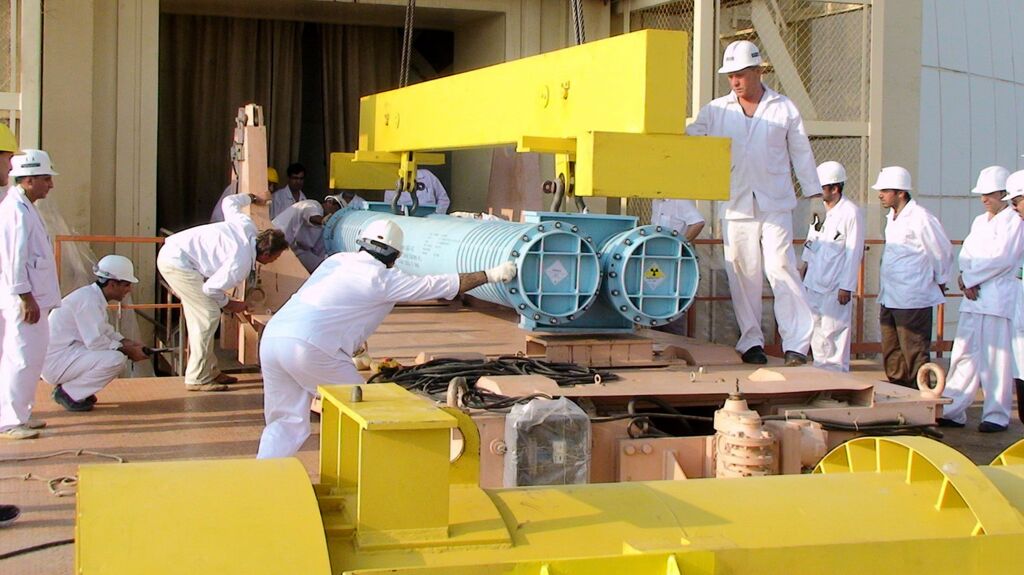
How Much Longer Will Sanctions on Iran Last?
It has been nearly six months since the United States relieved crippling sanctions on Iran. Iran was given “temporary” sanction relief, opening the gate for billions of dollars in oil money to flow into the country. In return, Iran failed to comply with the terms of the agreement, spinning its centrifuges and moving forward with the construction of more nuclear facilities.
Western nations, particularly the U.S., are virtually ignoring the infractions, opting instead to hope for change.
The agreement is looking more and more like a “historic mistake,” as Israeli Prime Minister Benjamin Netanyahu characterized it from the outset.
The recent events in Iraq give America an excuse to overlook Iran’s violations even more as Washington seeks to buy Tehran’s friendship and help in the war-torn country. With that in mind, the U.S. pressures on Iran to comply with the terms of the nuclear agreement are doomed to fail. As Lee Smith, a senior editor for the Weekly Standard, said, “The Iraq crisis has made it plain that Iran is now the main pillar of President Barack Obama’s Middle East strategy.”
How can you levy crippling sanctions on the pillar of your main foreign policy partner?
July 20 marks the deadline for both sides to reach a long-term agreement on the nuclear issue. Haaretz reports that the latest round of Vienna talks broke off with “Tehran and Western powers accusing each other of being unrealistic.” It doesn’t appear that the two sides will reach a deal—meaning that technically the negotiation process could collapse and sanctions reinstated.
However, the current Geneva deal also allows for a six-month extension if a long-term agreement isn’t met, and in reality could be extended again in perpetuity. With an extension, Iran would receive sanctions relief, and the West would receive hope that Iran won’t build a bomb. The only hiccup for President Obama is that he needs the approval of Congress to proceed with the extension. Haaretz quotes one U.S. official saying he believes Congress will give the go ahead: “They [Congress] don’t want to take the blame for destroying a deal.”
Iran should be pleased. It still has roughly $100 billion frozen in foreign banks due to U.S. sanctions.
But Iran has a lot of work to do in Iraq if America wants it to prop up Iraq’s current government. How much will that cost us in sanctions relief, reduced leverage over Iran’s nuclear ambitions and regional influence?
Far too much.
“Suddenly, Iran, a country labeled by the U.S. as one of the world’s top sponsors of terrorism, is becoming the most powerful Muslim country in the Middle East,” World Politics Review columnist Frida Ghitis wrote.
This is largely America’s doing. America’s foreign policy in the Middle East has enabled Iran and empowered its rise as the king of the south. If you want to know why trusting Iran is such a huge mistake, you might be interested in “The Geneva Deal Is Worse Than You Know.”
